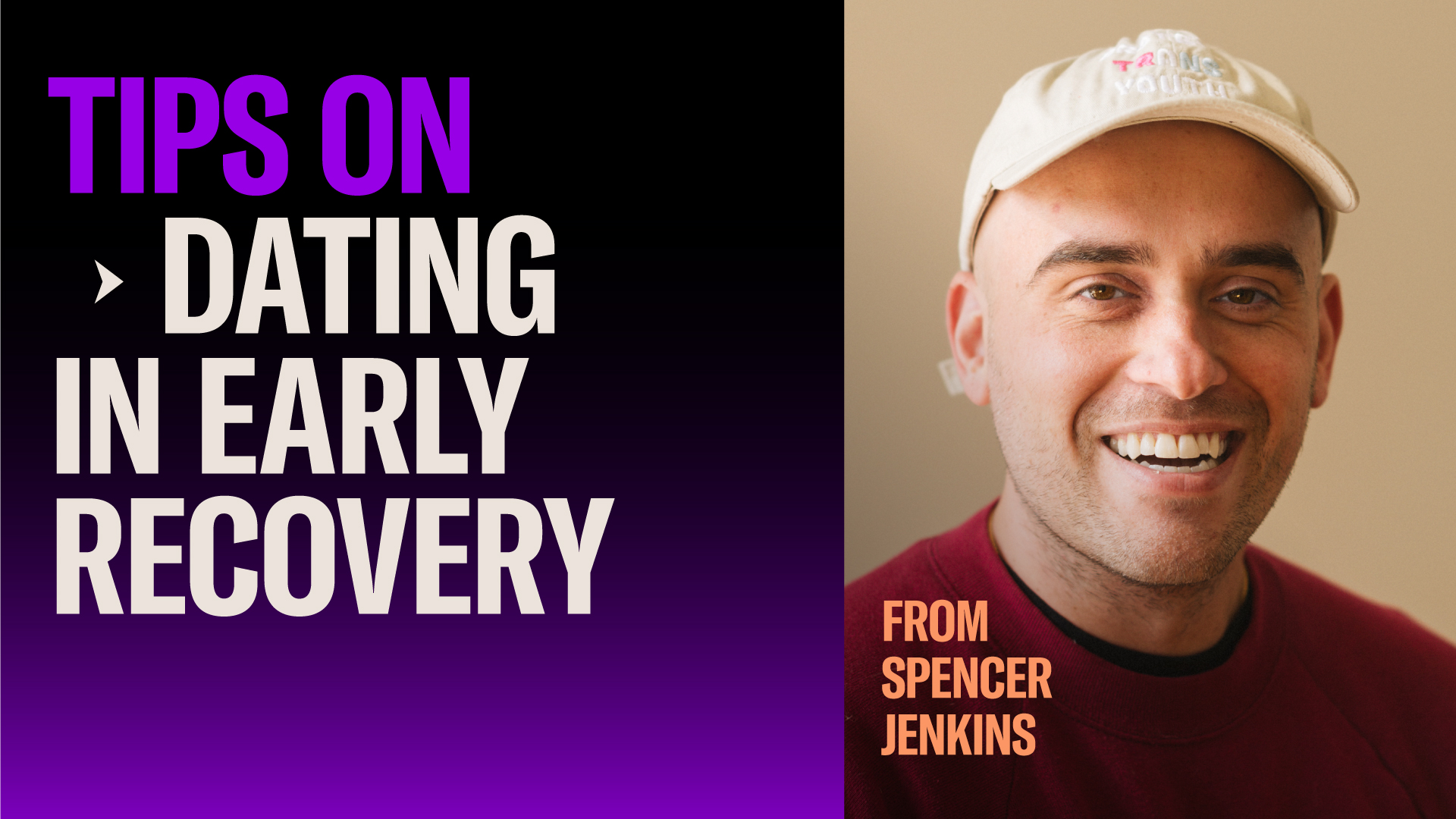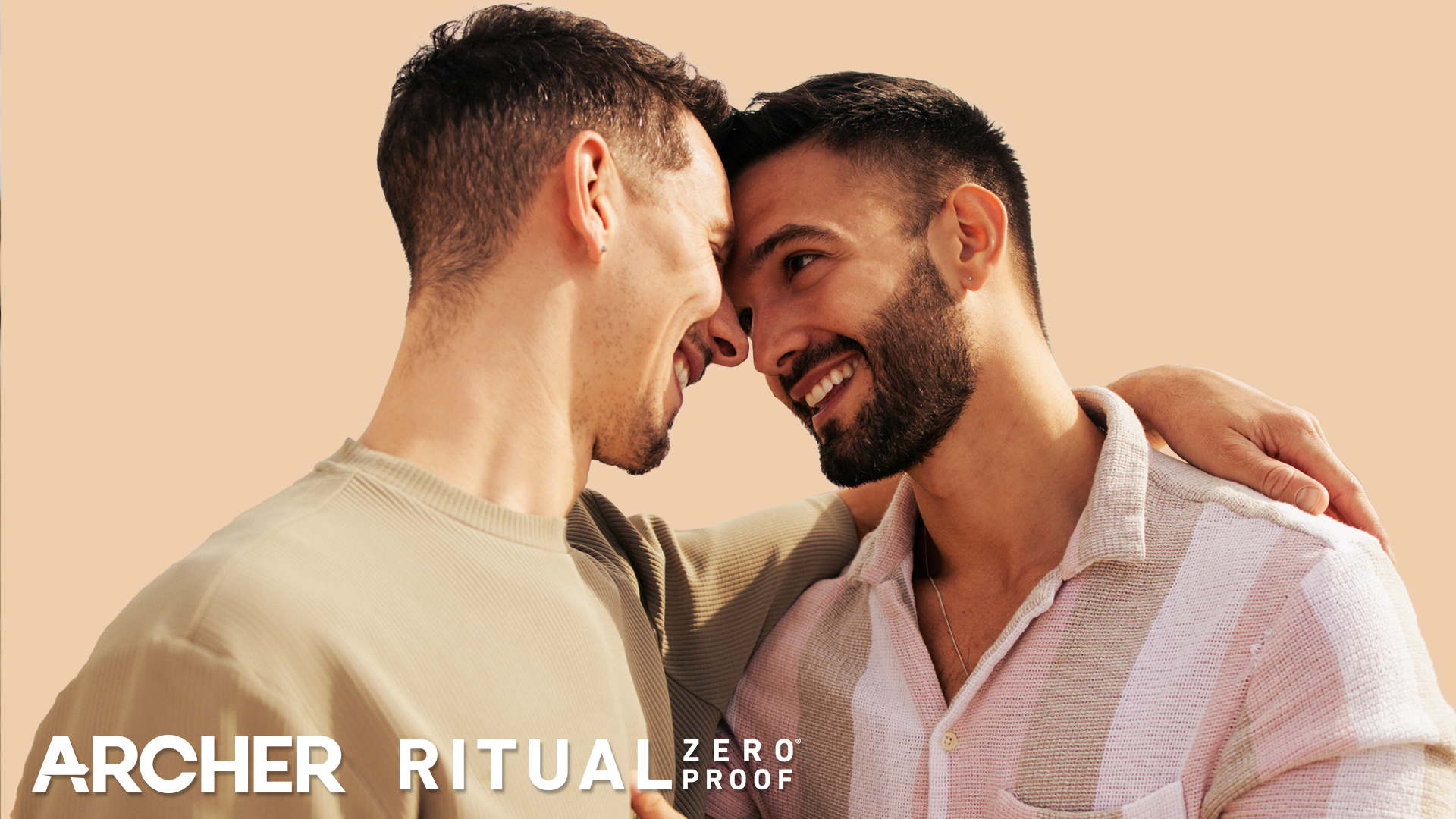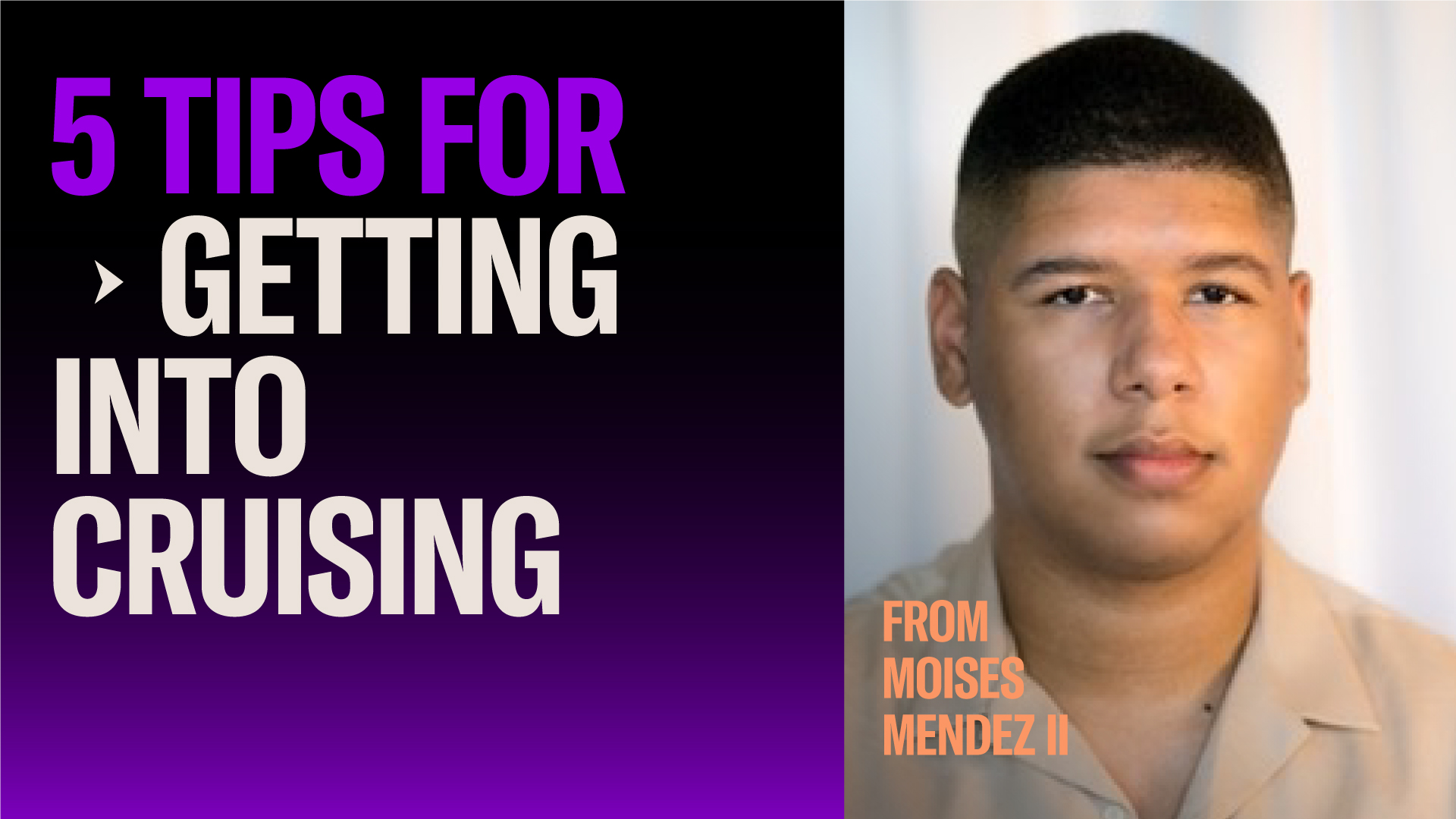My name is Spencer and I am an addict and alcoholic (this is where you say, “Hi, Spencer!”).
After I came out of the closet, I tumbled down the rejection stairs constructed from conservative
societal norms, and acquired bruises and scrapes that I now claim as “gay trauma,” or what
others call my “entire personality.” And like many teenagers estranged from their families, I
coped by drinking and drugging…for over 15 years.
My story proves to be long, complicated and dark before it wasn’t, and I am here to tell you that
there is life after drugs and booze. Smiles and laughs return, clarity and peace rebound, and the
dick rises once more — but pause before you whip it out. Are you ready to date and play? What
are your intentions? What are their intentions? What can they do to support you? Let’s talk
about it.
Tip 1: Check in with yourself—are you ready?
Don’t have sex for one year. In recovery, there is a saying, “Don’t get into a relationship or
fuck for your first year off of the sauce.” As annoying as cliches are, I firmly believe this one to
be true. I’ve been in recovery for some time now and it hasn’t been the most linear experience
— the bumps along the way usually sprouted from a seed or two, often from men. I am no doctor, but I do know that when I have steered my focus toward romantic and sexual
encounters in early recovery, my sobriety took a back seat which led to relapse. Check in with
yourself and consult your support group before taking any steps towards romance. Keep your sobriety as priority number one.
Tip 2: Maintain your support group. Don’t have one? Find one now.
Connect with a recovery group (12-step, SMART, Dharma, etc). The first time I got sober, I
stayed on the straight and narrow…and then what happened? A guy came along. When said
guy showed up in my life, I stopped showing up for my sobriety. I stopped fellowshipping with
my best Judys. I centered my world around one person, which turned out to be a big mistake. I relapsed, I inevitably lost the boy and I didn’t have my support group anymore. I allowed my guilt, shame, and remorse prevent me from reaching out for help from my supporters that I had pushed away, and this sent me spiraling further into my drinking and using once more.
Here’s the tea: Your sober support group is always going to have your best interest at heart.
They are your family and they love you unconditionally. Once I let go of my pride and reached
out for help, I was welcomed back with open arms and reassuring words of “I’m glad you’re
back.”
Tip 3: Make your intentions clear.
Practice honesty by telling others what you’re truly looking for: OK, so you’re sober.
You’re beginning a new life built on honesty, trust, and love for yourself. Express the same
consideration to potential partners and hookups. Don’t ghost people if you’re no longer
interested. Be honest. The energy you put out to others
comes back to you, right? No one likes a liar.
Tip 4: Know your triggers so you can avoid them.
Stay away from people you partied with and former stomping grounds: Regardless of our
drug or drink of choice, we all have triggers. Were you a big drinker? Maybe stay away from
places where the sole activity is drinking. Were you a “party and play” girlie? Look into
minimizing your dating app usage and let your support group know when you’re logged in and
looking. If you find yourself playing with fire, chill out and revisit tip #1.
Tip 5: Be patient and compassionate.
Whether you’re sober or not, respect the boundaries of the sober. Normies, aka people that can drink or drug without heading into rehab or jail, you play a part in this too! If you’ve got the hots for someone in recovery, be respectful of their boundaries. Did they tell you “no” when you invited them to your best gal pal’s birthday party? Accept the answer. No means no. Your partner’s sobriety is ALWAYS more important than any event or experience you want them to boots the house down.




